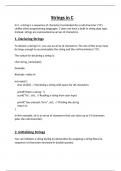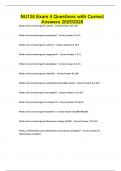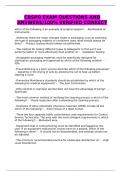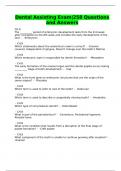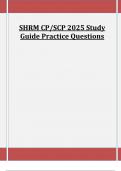Overig
Strings in C: Declaration, Initialization, and Examples
- Vak
- COMPUTER SCIENCE
- Instelling
- Harvard University
This document provides a detailed guide to strings in C programming, covering how to declare, initialize, and manipulate strings with practical examples. It explains the use of string handling functions like strlen(), strcpy(), strcmp(), and strcat(), with step-by-step demonstrations for each. You�...
[Meer zien]
